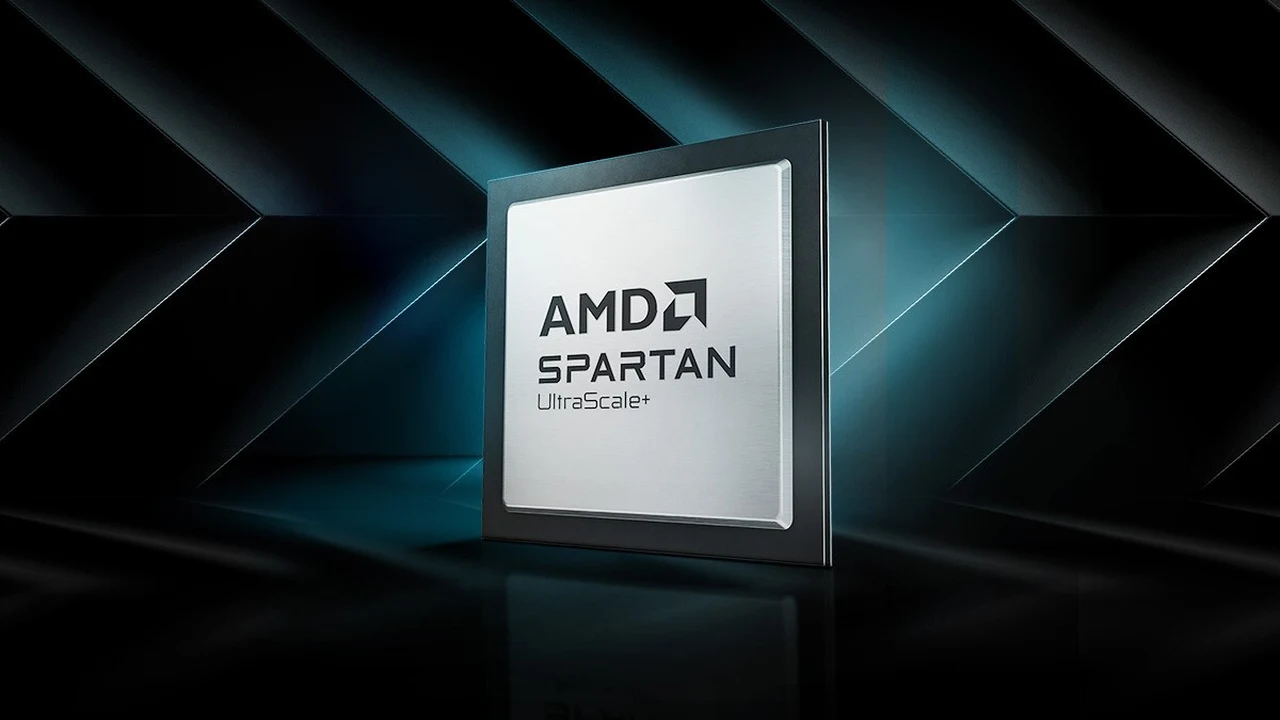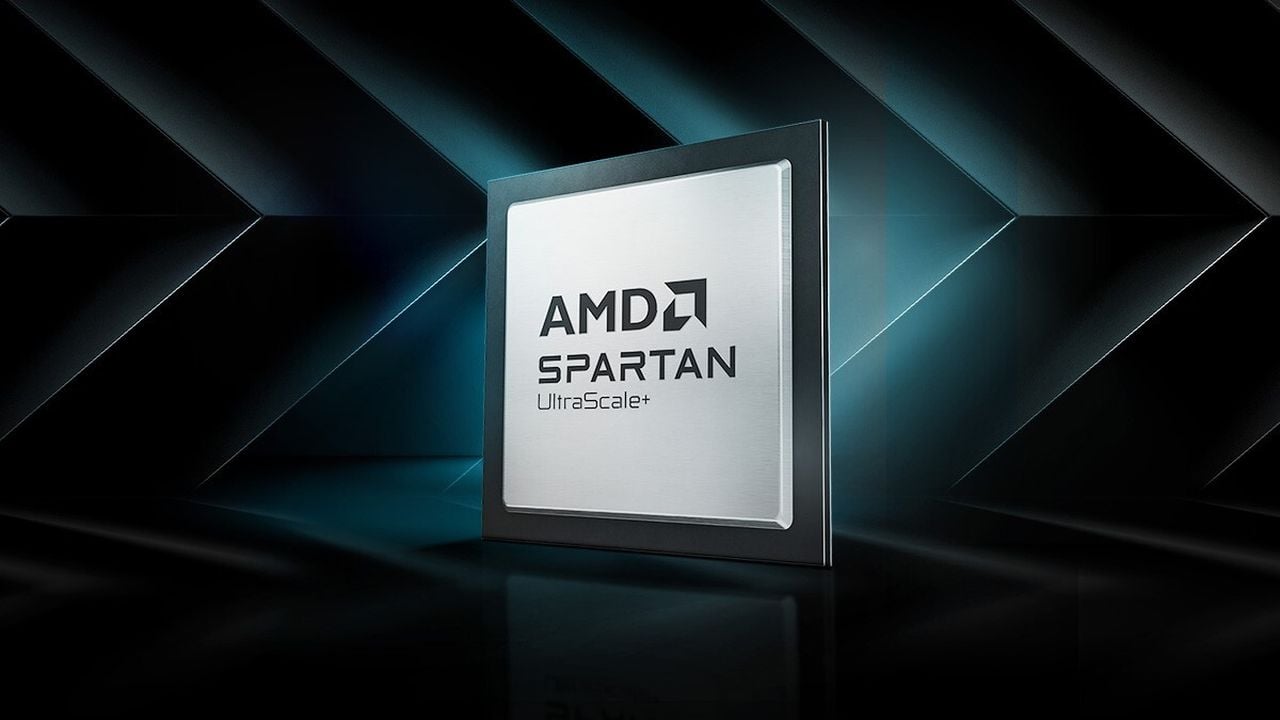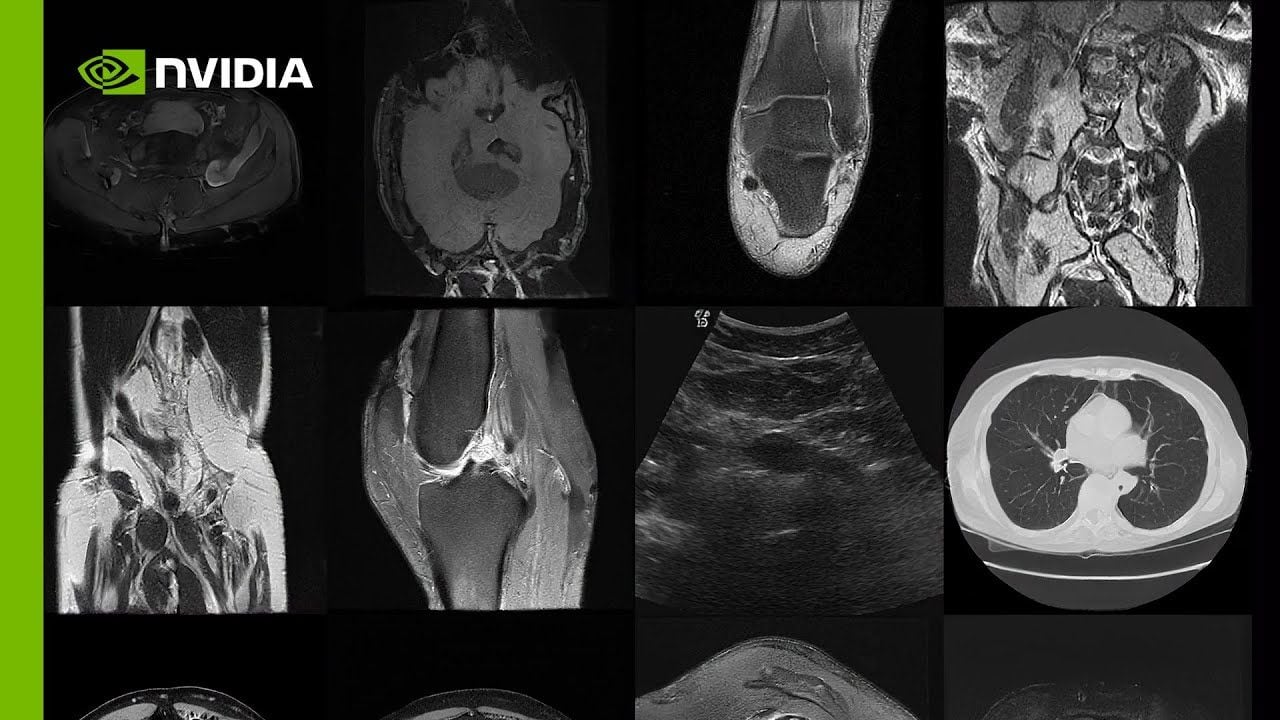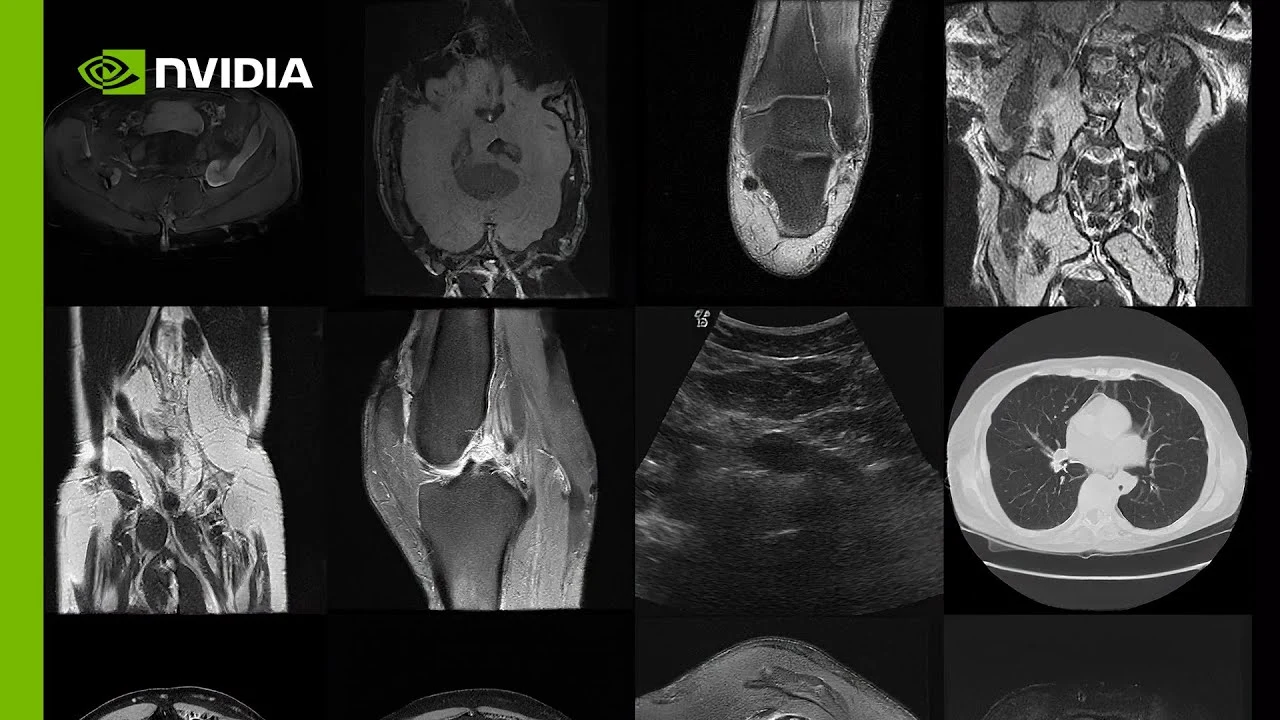
AMD has unveiled the Spartan UltraScale+ FPGA family, a new series in its cost-optimized FPGA and adaptive SoC lineup. These devices are designed to provide efficient performance for various I/O-intensive applications at the edge, with a focus on cost and power efficiency. The Spartan UltraScale+ FPGA series is a standout in the tech world, especially when it comes to their I/O to logic cell ratio. This is a big deal for devices that need to be both small and energy-efficient, which is exactly what edge computing devices require. With the industry moving towards smaller 28 nm process technologies, this high ratio is more important than ever.
You’ll find that the Spartan UltraScale+ family is designed with power savings in mind. Thanks to the 16 nm FinFET technology, these FPGAs are expected to cut power consumption by up to 30% compared to previous models. This is crucial for devices that run on batteries or operate in environments where heat is a concern.
AMD Spartan UltraScale
In today’s interconnected world, security is a top priority. AMD has taken this seriously with the Spartan UltraScale+ FPGAs, which come equipped with Post-Quantum Cryptography. This means they’re prepared for future threats and can protect data against complex attacks, including physical tampering and side-channel assaults.
The Spartan UltraScale+ FPGAs are not only secure but also incredibly flexible and efficient, making them perfect for edge computing tasks. They offer a high number of I/O ports, adaptable interfaces, and various packaging options to meet the needs of different types of deployments.
AMD has also made sure that the Spartan UltraScale+ series is ready for the future. With features like a hardened LPDDR5 memory controller and support for PCIe Gen 4 x8, these FPGAs are equipped to handle upcoming technological developments.
To complement the hardware, AMD provides the Vivado Design Suite and Vitis Unified Software Platform. These tools create a comprehensive environment for designing and verifying projects that use the Spartan UltraScale+ family, making the development process smoother and more efficient.
For developers and tech enthusiasts eager to get their hands on these FPGAs, AMD has planned to release sampling and evaluation kits in the first half of 2025. Although that might seem like a bit of a wait, documentation is already available, and tool support will begin in the last quarter of 2024.
With the introduction of the Spartan UltraScale+ FPGA series, AMD is making a strong move in the FPGA market. The company is focused on delivering products that not only meet but exceed the evolving needs of their customers. These FPGAs are designed to be cost-effective without compromising on performance, ensuring that AMD remains a key player in the tech industry. Here are some other articles you may find of interest on the subject of AMD :
Filed Under: Technology News, Top News
Latest timeswonderful Deals
Disclosure: Some of our articles include affiliate links. If you buy something through one of these links, timeswonderful may earn an affiliate commission. Learn about our Disclosure Policy.



